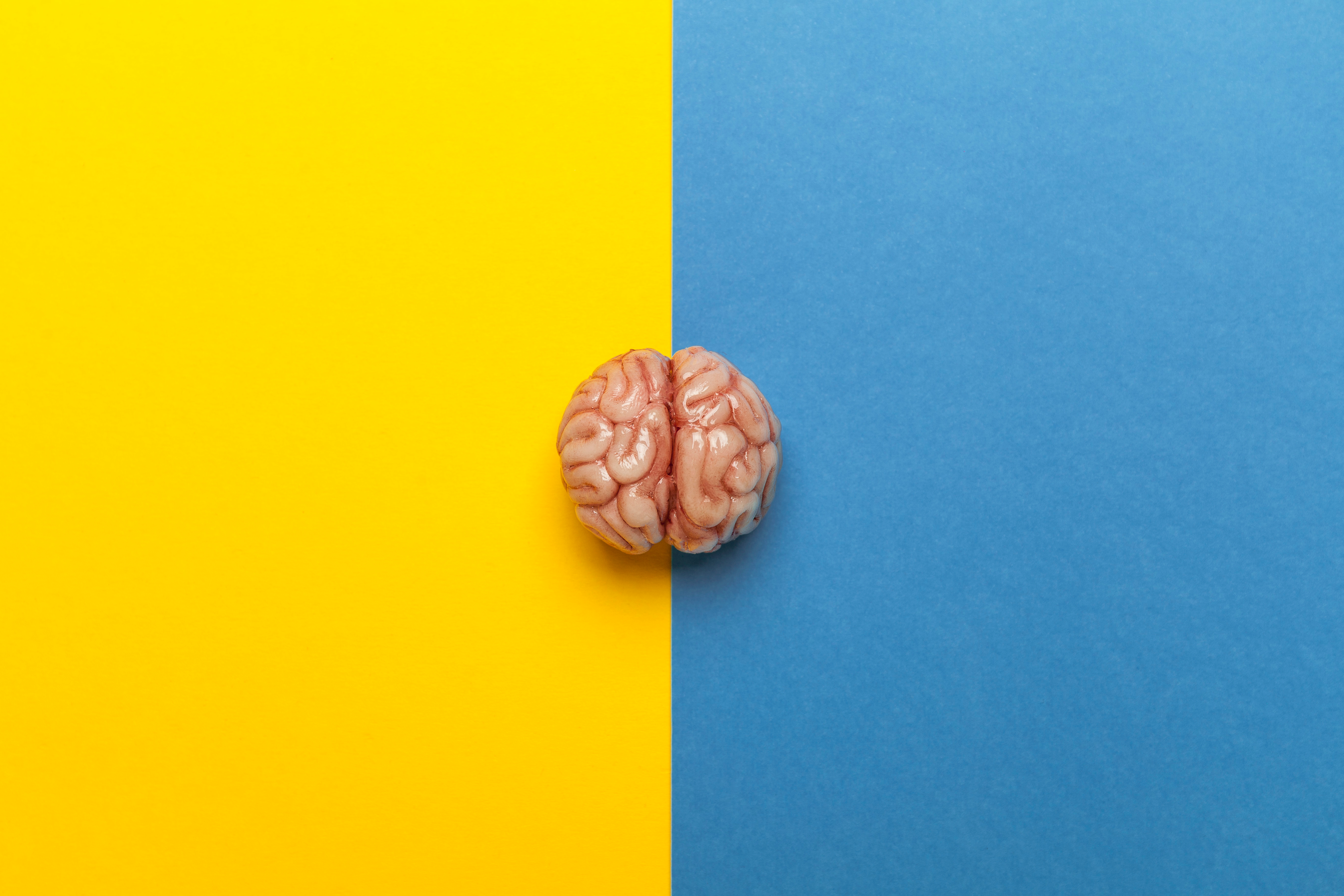For teens: Drugs and mental health

In order to maintain our wellbeing, our brain relies on a delicate balance of chemicals and processes. Alcohol and drugs changes this delicate balance resulting in an unpredictable mood and behaviour.
You can feel good for a while but when you come down, your mood can be badly affected . Research shows that young people who drink regularly, smoke or take illegal drugs are more likely to feel depressed or anxious and to self harm and/or to attempt suicide.
Drugs can have short term effects on our mental health or long terms effects with use over time. These effects will vary from person to person.
Your mental health is unique to you. It is important to make choices based on your own personal situation.
Below are examples of how some substances can impact on mental health.
ALCOHOL: People drink alcohol for different reasons. Even if you use and have a good time, you could feel it impacts on your mental health on the following day.
Some people may drink because they’re feeling down, but it can make bad thoughts or feelings worse, because alcohol is a depressant drug and lowers mood. It can increase anxiety and make people focus on negative things instead of positive.
Some people may feel ashamed or sorry about something they did while drunk. Remember, it’s important to talk about these feelings if you experience them, sometimes this shame can greatly impact on young people’s wellbeing, relationships and mental health.
Alcohol is linked to self-harm. It can make people become impulsive and do things they may not do otherwise, such as becoming involved in an accident, self harming or feeling suicidal.
CANNABIS: It may cause relaxation at first, but for some people it can lead to anxiety, panic, confusion and paranoia. A rare but serious effect can be hallucinations - seeing or hearing things that aren’t there. It can trigger psychotic symptoms and possibly psychotic illness such as schizophrenia. It is important to consider if people in your family that have had mental health concerns or dependency issues because this can mean you are more likely to have a negative experience or experience long term concerns.
ECSTASY: It can give you energy and make you feel alert but can also lead to anxiety, panic attacks, confusion, depression and suicidal thoughts. Some people can feel low, anxious or depressed a few days after using.
COCAINE: It can make you feel energetic and alert but also anxious and panicky. Using a lot or using frequently can lead to extreme agitation, mood swings, paranoia and psychotic behaviour. It can cause suicidal thinking and bring underlying mental health problems to the surface.
AMPHETAMINES/SPEED: They can give you energy but can cause panic, agitation, aggression, paranoia. It can be difficult to relax or sleep after using.
LSD: It can cause pleasant or unpleasant hallucinations. It can also make you feel paranoid and depressed and cause psychotic episodes and flashbacks.
Ketamine: Ketamine can produce hallucinogenic/’psychedelic’ effects, causing a person to see, hear or feel things that aren’t really there or are different from how they are in reality. It can cause an ‘out of body experience’, making a person feel detached from themselves and those around them for a period.
Using illicit drugs whilst using mental health medication is dangerous because the drugs will interact and could cause major complications and unwanted effects. If you are prescribed medication it is important to continue to take it or discuss stopping with your doctor. It can be risky if you stop taking medication to use substances.
Content utilised from the HSE Know The Score resource for Post Primary Schools.
Learn more about cannabis and your mental health here
Think about drugs and your developing brain as a teen. Learn more here
Get information for young people who are having a difficult time on SpunOut.ie














